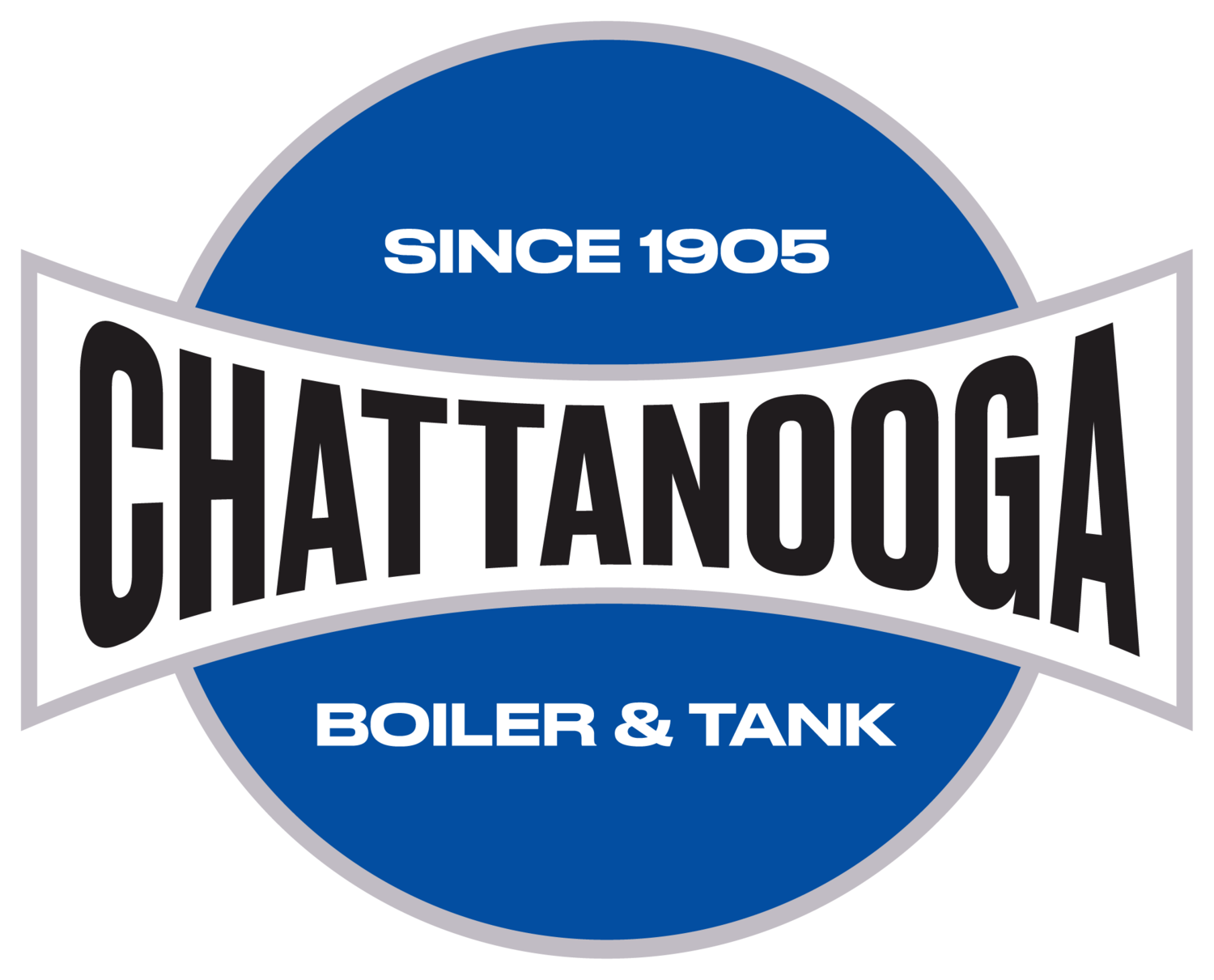In the mining industry, we most often hear about coal mining, but the mining industry unearths a lot more than just coal. Mining companies that handle limestone, gravel, salt, and other mineral and geological materials need storage tanks that meet industry standards and are efficient for the company.
Chattanooga Boiler & Tank manufactures tanks that withstand the extreme temperatures that are the norm in the mining industry. Mining requires both fuel storage tanks and water storage tanks, as well as slurry tanks.
Slurry tanks play a huge part in mining safety. Once the mined materials are separated from the gangue or commercially valueless material, the tailings must be stored for transfer and disposal. Tailings are usually combined with water to make a slurry. This slurry must be stored safely, and that’s where slurry tanks come in.
The tanks we fabricate at CBT minimize spilling and ensures that the slurry is transported safely for use or disposal. We abide by ASME codes to create custom tanks for all aspects of the mining process. Because this industry requires tanks that resist the highly abrasive contents stored in them, as well as the corrosive environment of the mining process, we work alongside our customers to make sure that the tanks we design and fabricate for them are up to the task.
For more information on how CBT can help your company, request a quote here.

